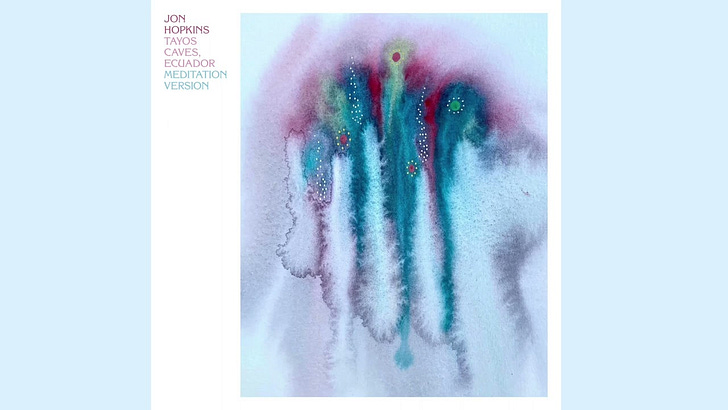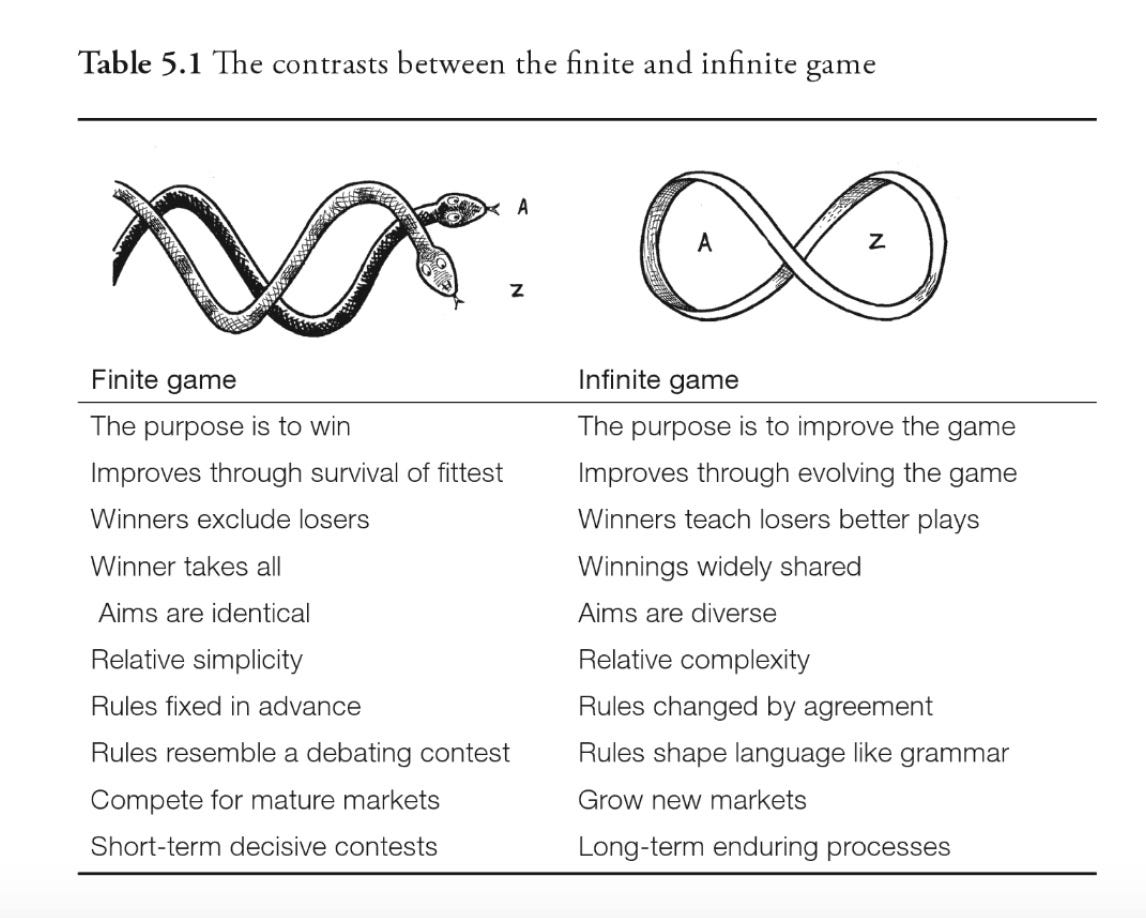Weekly Review Issue No.22
On the how climate change reframes mortality, the best life improvements, ritual and consciousness and meditations from the Ecuadorian caves
Hello and welcome back to another Review. I hope you’ll at least one thing you find interesting, useful or enjoyable. If something particularly resonated, I’d love to know about it.
If you've been forwarded this by someone else, why not subscribe to get it every week?
What’s alive for me
I’ve been thinking about ‘safety’ and feeling ‘safe’. To take risks. To expose oneself to others. And just how much it does require both a sort of mental psychological safety, but also a bodily one. You cannot relax yourself into a situation that feels risky. It all happens on a barely conscious level, and so attuning to that sensitivity, that feeling of ‘am I safe right now?’ is so important.
Finding pockets of safety, and feeling OK about opening up.. and I’m talking in very small, almost pointlessly arbitrary ways can be quite profound. It’s like the feeling when you have a lot on your mind, a lot of things pressing on you and you notice your shoulders and you have the awareness to just drop them a little, let them soften, and suddenly… there’s a gap of light getting in. Everything eases up a bit.
I think I’ve become aware of this because my 2 year old just inherently feels safe around me. Her guard is just down all the time. It’s so beautiful to experience. She hasn’t picked up any of the wounds yet that come through living a life, or any scratches and scuffs that can just tarnish the gleam. It’s all par for the course and grist for the mill, but in her openness to the world, she is teaching me that it is our natural state to be open, relaxed, ready to just engage and be in the world. It’s beautiful.
Onto this week’s links!
Research on the edges
🔚 ‘Heading for Extinction’: how the climate and ecological emergency reframes mortality
If I have an emerging thesis for the work I would like to over the next 20 years, it is pretty much laid out in this excellent piece: climate change and mortality awareness are intertwined, and we cannot grasp at climate change (mitigation, adaptation…) without confronting the psychological debt we live with due to modernity, and its suppression of death as a natural (and necessary) experience.
Modernity’s apparent control of nature is the source of both the modern way of death and the current climate and ecological emergency (CEE). There is surely a dialogue to be had between the two. To begin this dialogue, this article considers how the CEE reconfigures mortality. In sum: a) Modern rationality, which has been so successful in extending longevity, has in other manifestations such as mass production and cheap energy caused a climate and ecological crisis which threatens to undo modernity’s control of nature. b) Mass death and destruction induced by climate change and/or ecological degradation, occurring first in locations in the global South vulnerable to sea rise, flooding, drought, etc, but also in 2020/2021 in highly publicised and hitherto presumed safe locations in Australia and California (bush fires), Canada (heat wave), and Germany (flooding), become a worrying, for some a terrifying, prospect. Anxiety therefore shifts from my own death and the death of known loved ones, which Ariès argued characterised death anxiety in previous centuries, to a new anxiety – collective or mass death in future generations. c) In the more apocalyptic forms of CEE discourse, death – along with grief, guilt and existential anxiety – far from being marginal, becomes central to a re-worked human drama.
🤯 What improved your quality of life so much, you wish you did it sooner?
This lovely thread is like the 21st century version of Baz Luhrmann’s Everybody’s Free (To Wear Sunscreen). There is so much simple wisdom and grand gestures of insights intermingled with small joys and successes that I dare you not to read this and find one that could not vastly improve your life if you take it up. My favourite is one word: Bidet.
🎂 Ritual and the Consciousness Monoculture
Digging a bit deeper beyond the impact of modernity, this piece is fascinating in its exploration of how consciousness - especially the one that we have cultivated in Western civilisation, and have had accelerated by the advent of the Internet - is not the only one going. Not just other animals, but other humans, throughout history. So outlining that and threading in the role of ritual and different types of behaviour, I thought this was an incredible way to validate the importance of things like ritual, especially today.
I have analogized ritual to vitamins: we have need of them, our ancestral cultures provided them for us, and we suffer a kind of malnutrition without them. But even vitamins are dangerous in the wrong doses and under the wrong conditions. Ritual is very powerful, and should be regarded with the same respect as powerful psychoactive drugs.
In our hypermobile age, in which few people live among committed, long-term community members, we experience a chicken-egg problem: ritual is required to support community, but a community is required to support ritual (see diagram, elaborated from an analogy suggested by my husband). The subjective experience of ritual, divorced from a real community, may be pleasurable but ultimately unfulfilling.
🌩 Transforming the powers: the continuing relevance of Walter Wink
I was in a meeting this week to discuss mental health and wellbeing towards the end of life. It was one of those amazing moments when I recognise and was grateful for the domain within which I work. It is a given that any discussion about ‘mental health’ in the context of dying is not simply a biopyschosocial experience, but a spiritual one. That is how I’ve come to be able to be open to more traditionally religious points of view, usually around death and dying, but increasingly more broadly. This piece makes a great outline of the work of Walter Wink, the American Biblical scholar, theologian, and activist. This imbalance between the materialistic structures of modern life and our spiritual lives to me feelings increasingly important, and focusing down on how we cope with and experience our end of life or others deaths is one thing, but its implications are far reaching.
By challenging us to look beyond and beneath material power structures but never to ignore them, Wink's work helps us to understand how worldviews shape our perceptions of the issues that surround us, and how important it is that we revise our modern worldview if we want to move more effectively towards human wellbeing. Only an “integral worldview,” as he calls it, will enable us to remain modern people while also recognizing the interconnections of all things and the spirituality that infuses all of creation.
🎧 Listen
Jon Hopkins’ Music for Psychedelic Therapy was my favourite album from 2021. This is an extended track called Tayos Caves, termed a meditation version.
It’s quite hard to capture what is going on with this music and this album that makes it so deeply… profound. My best guess is that Jon is managing to effectively transmit his experience of his time in the Tayos Caves in Ecuador, with the awe that they generate. This piece of music does require your attention, but it’ll give you something back tenfold.





